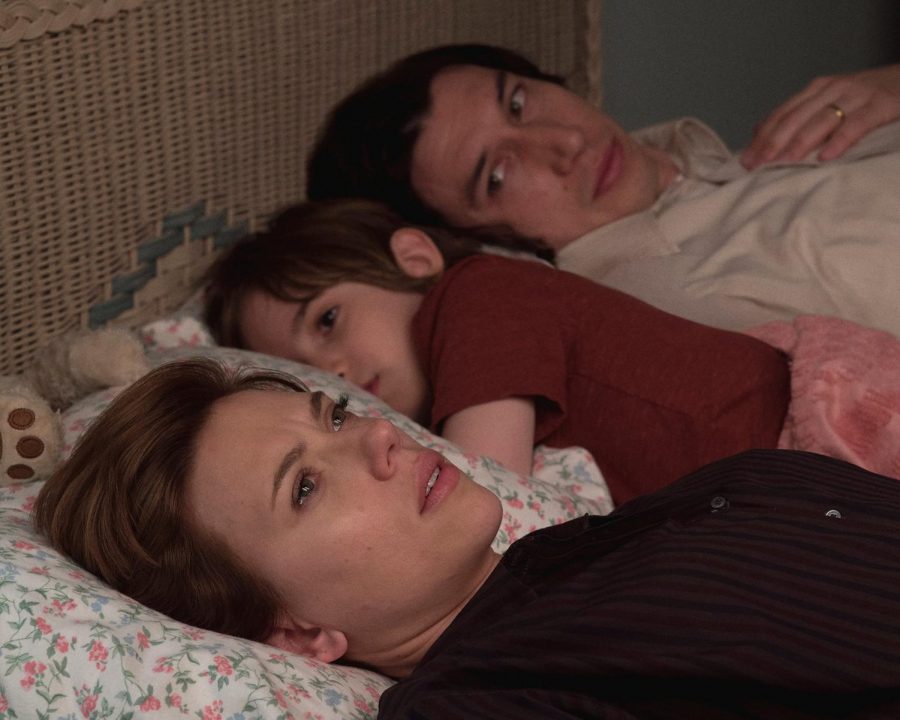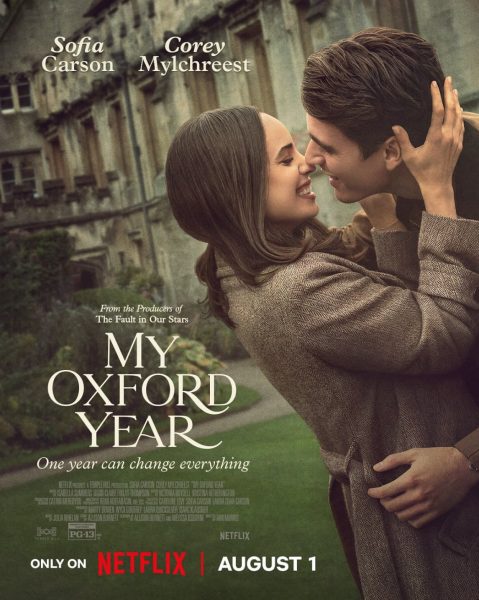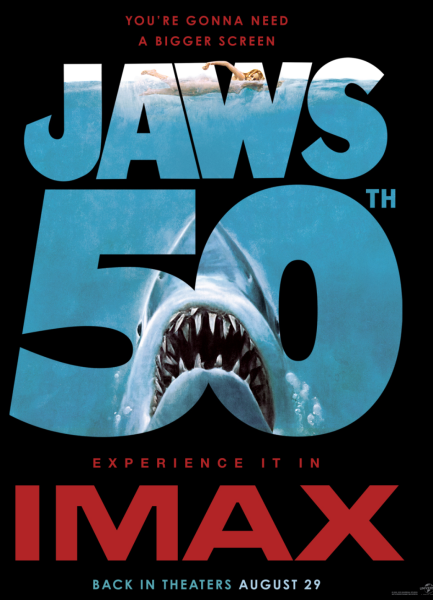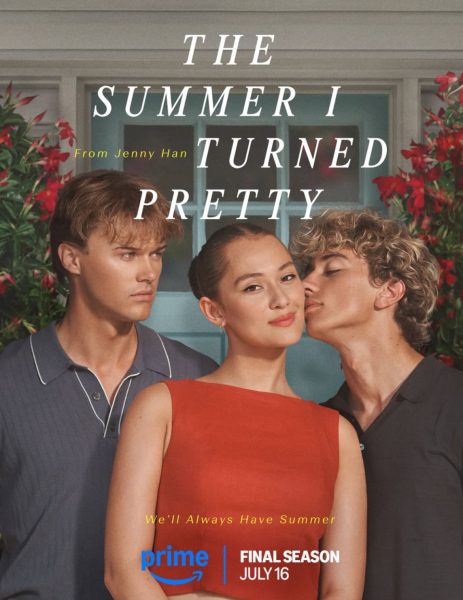“Marriage Story”: A Glimpse into Divorce’s Painful Ambivalence
There are three scenes in “Marriage Story” that feature some of the most dynamic acting in film this year, probably the last several years. The first is when Nicole Barber (Scarlett Johansson) explains the history of her relationship with her soon-to-be-ex-husband Charlie (Adam Driver). Next, is her lawyer, Nora’s (Laura Dern) monologue about inherent sexism in American relationships and the family court system that is simultaneously hilarious and poignant in its accuracy.
Lastly, there’s Nicole’s and Charlie’s failed attempt to settle affairs without lawyers, finally exploding in a back and forth of frustration, disagreement, lingering affection and regret. These are the scenes you’ll remember most, but they’re far from the only good things about the film. Their success allows the rest of the story to play out in a more subdued way. These kinds of memorable moments don’t come about that often, a reality about divorce “Marriage Story” captures well. Both big and small moments have impact on families and their deterioration.
Writer and director Noah Baumbach is determined to avoid making either of the Barbers a villain, and to that end, the film gracefully moves between Nicole and Charlie’s perspectives. Still, while Nicole and Charlie have strengths and weaknesses as spouses and parents to their son, Henry (Azhy Robertson), Charlie does ultimately come across as more problematic.
The theater director’s intensity and opinionated nature cause him to develop a subtle selfish streak that leaves Nicole feeling controlled and unseen. Driver is the perfect actor to bring the vast intellectualism, emotional naiveté and subconscious egocentrism to life.
It’s a testament to his charisma that the viewer retains a great deal of sympathy for Charlie, even as his uglier sides come out. Nicole is revealed to have a couple of ugly qualities herself but remains the more plainly likable character throughout, which is not to diminish Johansson’s work in favor of Driver’s.
On the contrary, she creates a character just as complex and well-defined as his, with a little less material (the balance of screen time does eventually swing to his favor). Johansson does some of the best work of her career here, and the openhearted vulnerability she brings to the role is the core of the film.
Dern steals her scenes, but other than that there’s little to talk about in terms of supporting cast or subplots. Ray Liotta and Alan Alda provide some extra humor and wisdom, respectively, as Charlie’s dichotomous lawyers, and there’s some good tension between Liotta and Dern in a court-heavy section in the third act.
Ultimately, the film stays razor-focused on the constantly shifting dynamic between Nicole and Charlie and the toll the proceedings are taking on them and Henry, and with that material the film soars.
Again, “Marriage Story” values realism over theatricality, emotional subtlety over grand drama and that applies to the end of the film and the resolution of its dramatic arcs as well. In the end, some things get better (by the time the credits roll you get the sense Charlie has at least a bit more of a handle on his ego), and some get worse (Nicole becomes a bit elitist and feels regret over how nasty the legal battle got).
Some wounds will heal, others won’t. That’s life. The success of “Marriage Story” in provoking those genuinely mixed emotions is, along with the performances, what makes it one of the best films of the year. Maybe the best.













































































































































































































